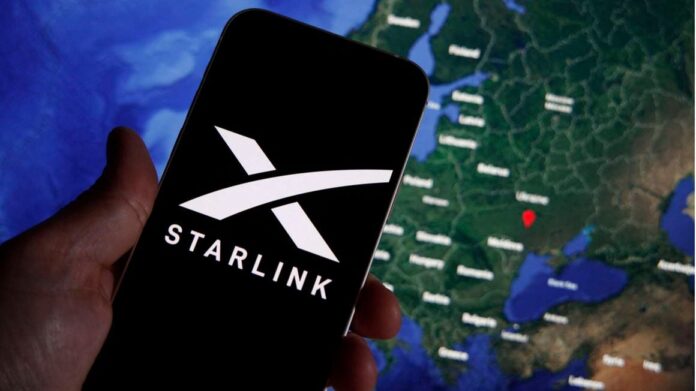American satellite internet company Starlink, has entered Africa but with a heavy financial burden which could hamper patronage across the continent.
The subsidiary of Elon Musk’s SpaceX, has announced its entry into the Kenyan market, intensifying competition in the industry. But many are querying its choice of target areas and its high charges.
The company had announced in January it was awaiting regulatory approval to roll out services in Kenya and anticipates entering the country by end of June.
Starlink was licensed in Rwanda in February, just months after getting the nod to operate in Nigeria last year.
It also expects to begin selling its services in Tanzania, Burundi and the Democratic Republic of Congo within the year, and seeks to enter Uganda by 2024, subject to regulatory approvals.
But while Starlink has invited customers in the region to pre-order satellite internet hardware at $9, Starlink will charge an upfront hardware cost of at least $599 for home users.
Many are yet to comprehend why their charges are so high and why they are targeting only “remote areas” because most other internet service providers (ISPs) in the region provide and install the fixed internet devices for free or for a fee not exceeding $50.
Starlink’s monthly subscription fees are also nowhere near the $15 – $30 charged by ISPs in the region. Residential users will need to part with at least $110 per month while business users will be incurring $500 monthly for Starlink’s satellite internet services.
Dennis Mwiti, managing director of Netpap, a Nairobi-based company providing automated internet services for ISPs, argues that at those rates, Starlink will not be able compete against traditional fixed internet companies.
“But for remote locations in Africa, Starlink will revolutionise internet connectivity because for those areas, it doesn’t make business sense for the fixed internet companies to service, so they remain largely without reliable internet connectivity,” he said.
However, majority of Africa’s tech savvy, elite and affluent populations live in cities, which begs the question — who will spend $110 monthly on internet in Africa’s rural areas?
“People will pay. There are businesses and individuals operating out of remote areas in Africa who just don’t have reliable internet access and a satellite internet provider might just be the best solution for them,” argued Mwiti.
Safaricom, Kenya’s leading telco, has also announced plans to roll out satellite internet. It is not yet clear how much Safaricom will charge for its services.
This comes after regulators – Communications Authority of Kenya and the ICT Authority– launched a $37 million project to connect Kenyan remote areas to broadband internet through a 100,000km-long fibre optic cable.
But besides the high charges and the intensified competition, there are also worries that the Starlink internet hardware can easily be stolen, given the high cost of acquiring it. In Nigeria, some customers last year took to social media to complain about their devices being stolen just months after Starlink launched in the country.
“Yes, the devices can be stolen and sold in the black market. Starlink should have them fitted with anti-theft features so that even if someone steals them, they can be traced or can’t be used by anyone else,” Mwiti argued.




